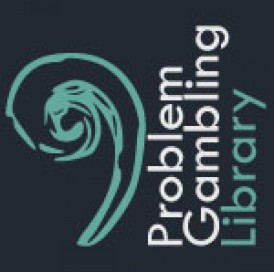Executive summary
Background: The COVID-19 shutdown substantially reduced gambling availability in Australia. Land-based gambling venues were closed (no EGMs, casino games, keno, retail wagering), and sporting events were cancelled (limiting sports betting options). ‘Stay at home’ orders reduced access to lottery retailers.
Aims: This study aimed to investigate the impact of the shutdown on the gambling behaviour of a sample of Australian gamblers, particularly in relation to psychological distress, financial stress, and existing gambling problems.
Methodology: An online survey of 764 Australian adults (85% male, aged 18-82 years) who had gambled in the past 12 months was conducted in May 2020.
Preliminary results: Nearly three in four participants reported gambling less frequently during the shutdown, and most did not increase their online gambling frequency. Individuals at moderate-risk of gambling harms were more likely to report increases in gambling frequency, and higher problem gambling severity was associated with increases in gambling expenditure. However, the majority of participants reporting past-year gambling problems indicated that their gambling problems had decreased during the shutdown. Higher psychological distress and COVID-related financial difficulties appear to be linked with increases in gambling expenditure, but not increases in gambling frequency. Most participants reported expecting to resume their normal gambling patterns post-shutdown. Link to the report
Citation: Gainsbury, S., & Blaszczyk, A. (2020). The impact of the COVID-19 shutdown on gambling in Australia (Preliminary results from Wave 1 cross-sectional survey). University of Sydney. http://www.sydney.edu.au/content/dam/corporate/documents/brain-and-mind-centre/usyd-covid-gambling-research-report-aug-2020.pdf
